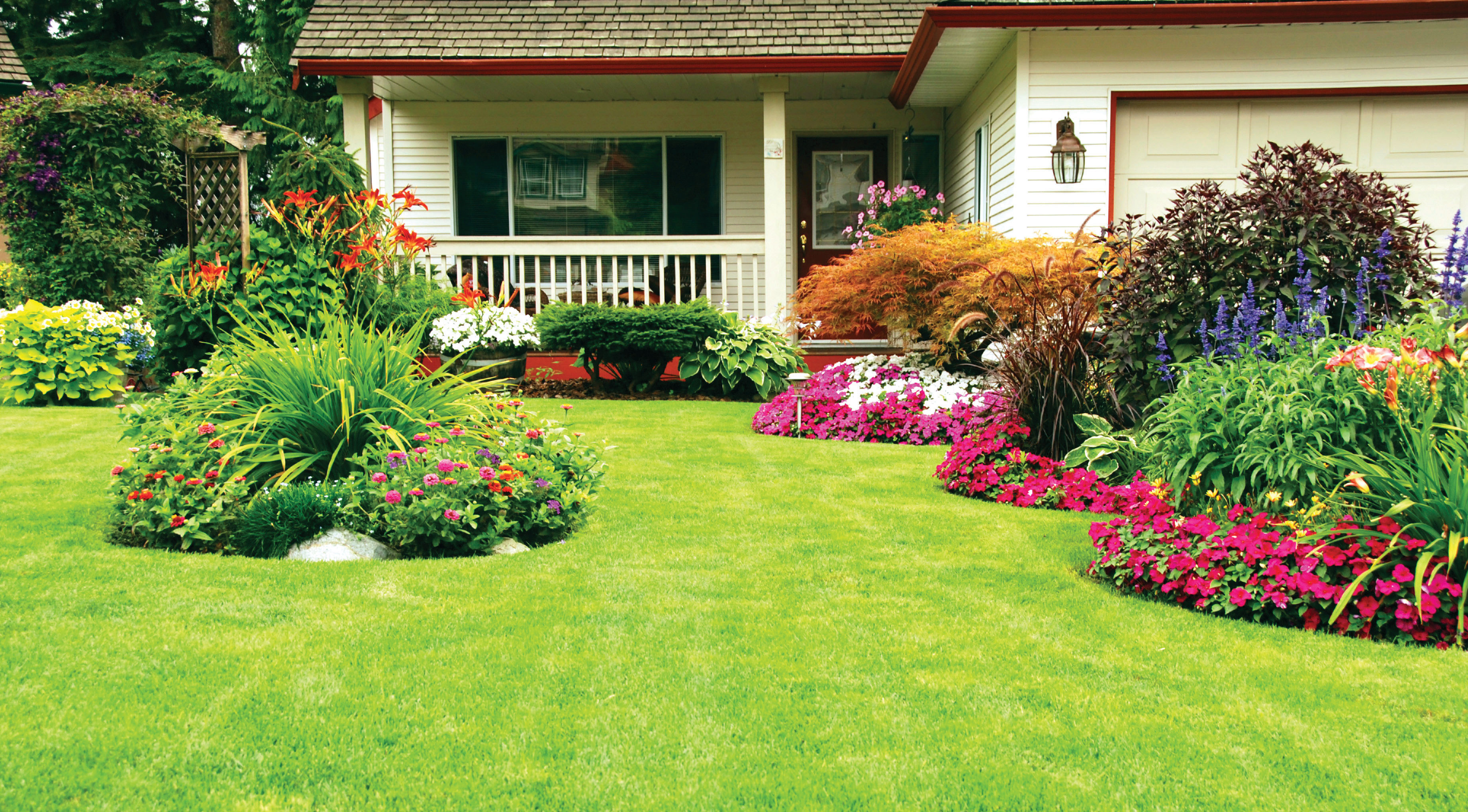5 Tips for Eco-Conscious Lawn Maintenance
As a homeowner, you have your own tiny piece of Eden to safeguard and nurture. Your lawn and garden are both a joy and a responsibility, bringing concerns about global environmental issues right to your front yard.
Embracing eco-conscious lawn maintenance takes us beyond the aesthetics of a lush, green carpet of grass to a commitment to our local ecosystems. How we care for our gardens and lawns can contribute to the health and diversity of our local ecology, or it can add a greater burden.
Let’s dive into sustainable lawn care with five proactive tips.
Tip #1: Water Your Lawn Accordingly
Water is a precious resource for our garden, our neighbors, the surrounding community, and local wildlife. Sustainable water use is critical for eco-conscious living.
Implementing efficient water management systems like drip irrigation or rain sensors on sprinklers can help prevent wasteful overwatering. Ensure every drop of water goes to the plants that need it rather than sending runoff water to the sewers. Overwatering leads to waste, but the runoff can pick up fertilizers and pesticides and carry them into the local waterways.
However, insufficient watering can weaken your lawn’s root system, leaving it susceptible to insects and disease while reducing the soil’s health. So, how much should you water?
Most lawns require about 1 inch of water per week to thrive, whether from your irrigation or rainfall. Start by watering your lawn a half inch twice a week when it doesn’t rain. Watch for runoff and adjust as needed.
Early morning is the best time to water your lawn. That slows evaporation and keeps the grass and soil healthy.
Tip #2: Pick the Right Fertilizer
Your lawn’s health starts at its roots. The right fertilizer feeds the soil and soil microbes while providing for the lawn’s nutrition needs. Organic fertilizers are essential to sustainable gardening. These are fertilizers derived from plant matter, animal waste, or mined minerals. Organic fertilizers work slowly, building your lawn’s health over time.
Chemical fertilizers are created in a lab. They can give your lawn a quick growth spurt or a flush of green. The higher concentration of nutrients works much faster than organic fertilizers. But it also risks burning your lawn. Further, the chemicals can injure soil fertility and contaminate the water table. Runoff from chemical fertilizers is a serious threat to healthy waterways.
Homeowners in freezing climates with a short growing season may be unable to give their lawns all the nutrients needed without resorting to chemical fertilizers. Otherwise, take it slow and give the organic fertilizers a chance to boost your garden’s health.
Tip #3: Plant Native Plants
These days, seed catalogs and your local garden center are filled with flashy-looking plants from around the world. But because these foreign plants evolved to thrive in very different conditions than yours, they often require additional watering and fertilizer to help them grow their best. Native plants flourish in your garden because that is their native environment.
Not only do native plants need less water and fertilizer, they are more resistant to local insects and pathogens. They have evolved natural defenses that allow them to shrug off critters and diseases that threaten fancy imports.
But the benefits of native plants keep on coming. They support local pollinators like honey bees and butterflies, contributing to your garden’s environmental health and diversity.
Tip #4: Compost Scraps and Garden Waste
The secret to a thriving, eco-conscious garden is hiding in your kitchen waste and garden trimmings. You can compost vegetable and fruit peels, grass clippings, shrub and tree leaves, twigs and branches, coffee grounds, and more. By composting your food scraps and garden waste, you reduce the stuff that goes to landfills and capture valuable nutrients.
Composting is nature’s recycling, turning organic waste into rich, nourishing soil. Your plants will love the boost of natural nutrients while you reduce your carbon footprint. Composting embodies eco-friendly living, a cycle that takes from the earth and gives back, nurturing your garden in harmony with nature.
Tip #5: Use Natural Pest Control and Herbicides
Chemical pesticides and insecticides seem like a quick and easy fix for protecting your lawn and garden. However, these chemicals can damage our water sources, soil, and local wildlife and pollinators. Some quick “solutions” make the problems you tried to solve worse.
Natural alternatives to chemical pest control can be just as effective or more so. Neem oil, diatomaceous earth, and predatory insects like ladybugs, lacewings, and beneficial nematodes protect your plants while maintaining an ecological balance.
Every step matters in the journey to a greener, more eco-conscious lawn and garden. By implementing sustainable practices and methods to reduce waste, we nourish our own corner of Eden while contributing to the health and well-being of our planet.
May your lawn and garden thrive as a place of beauty where nature and care intertwine in harmony.
